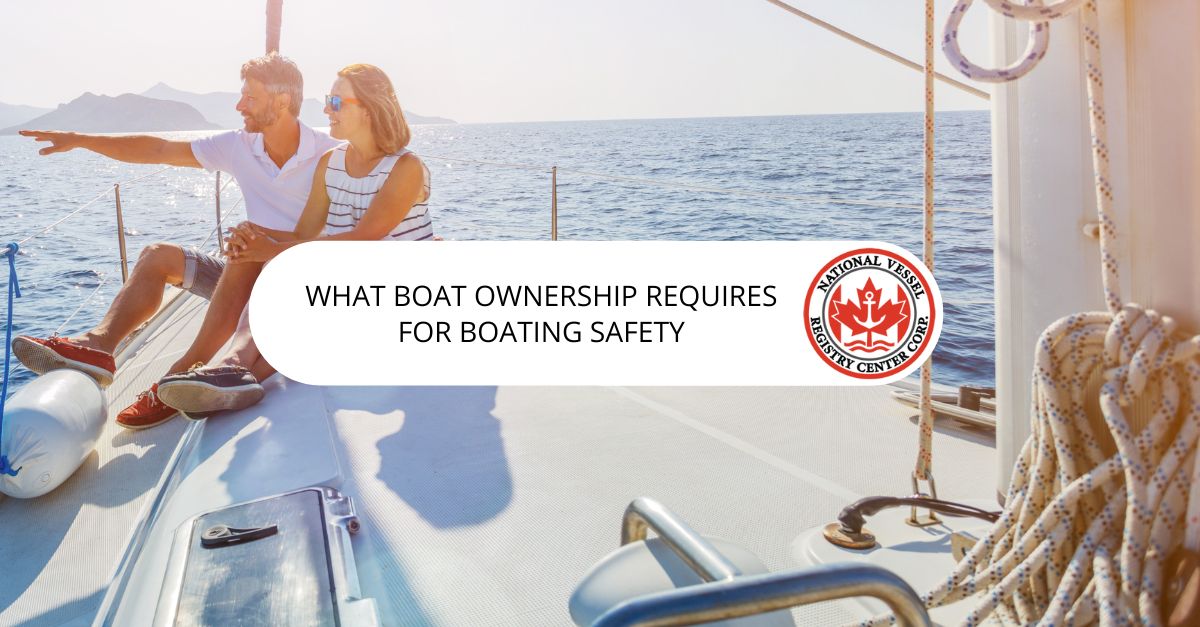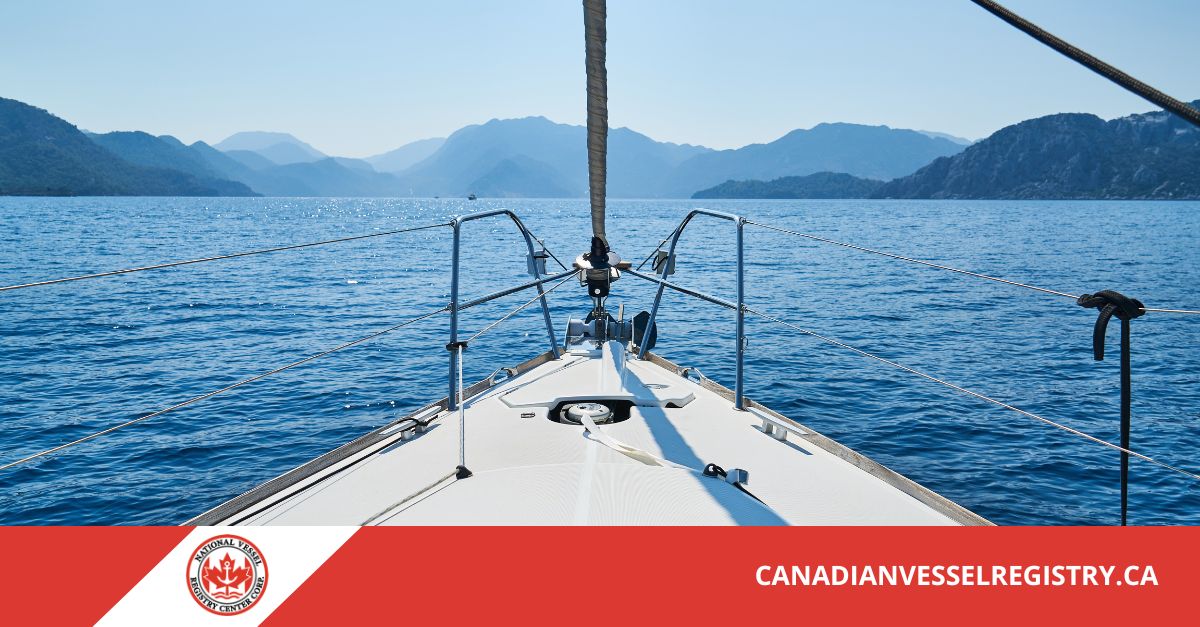Boat ownership in Canada is an exciting venture but it’s essential to ensure you have all your paperwork sorted before embarking on your sailing journey. To make sure you don’t collide with other boaters or get into legal jams by being a new boat owner, you need to learn what it takes to stay safe on the water. The following suggestions will help you manage your equipment and ensure you understand marine regulations.
Boat Ownership – Safety Requirements
Check Your Safety Equipment
To make the most of boating, again, you need to make safety a priority. You’ll need to first make sure you have all the essential safety equipment onboard. Some of the equipment includes life jackets (for each passenger), a flotation device, a fire extinguisher, and distress signals like an emergency beacon or flares. You’ll also need to run regular safety checks on the items.
Understand Marine Law
Moreover, familiarize yourself with the rules and regulations that govern boating activities in the waters. Take the time to understand boating laws speed limits and any specific guidelines that apply specifically to the areas you plan to explore. Make sure you’re acquainted with and understand the laws.
Know What to Expect – Weatherwise
Additionally, it’s always a good idea to check the weather forecast for your planned route before you embark on any sailing journey. Sudden storms or unfavorable weather conditions are risky adventures, especially if you’re not an experienced boater. Stay updated about forecasts and weather changes during your journey. Be ready to change your plans accordingly.
Make Sure Your Boat is Fully Operational
Taking care of your boat is another responsibility as an owner. Regularly examine the hull, engine, and other mechanical parts for any signs of wear and tear or damage. Keep everything in check by changing the oil and filter and making sure your boat runs smoothly at all times.
Take a Boat Safety Course
Knowledge is power, so a boat safety course is always a good investment to make. Keep current on subjects such as emergency processes, navigation, and basic water skills. That way, you’ll have the confidence to handle any type of boating emergency.
Being a boat owner, as you can see, entails a good deal of responsibility. If you want to make things easier, it’s important to focus on safety.
Best Boating Practices
To ensure your boat adventure stays on course, use the following information for best boating practices on Canadian waterways.
- Take an inventory of your equipment. You should know what equipment is onboard your boat at all times. Take stock of what you have and what you need. If you don’t have enough life jackets for all of your passengers, don’t set sail unless you do. Check to make sure that all the equipment you’re using is operational.
- Manage fuel use. Always, make sure you have enough fuel, especially if you plan to take a long trip. Before you embark on your trip, make sure you know refueling points and keep extra fuel on hand in case you run into a problem when refueling. You don’t want to be in the middle of nowhere and have no way to get back.
- Get involved in a boating community or club. You might want to join a boating community or club to share information with others who like to boat too. You can learn some information that may be valuable to you.
- Respect the environment. Be mindful of the environment and leave no trace of trash behind. Leave the wildlife habitats in pristine condition. Practice the Golden Rule – Do unto others as you would like them to do unto you.
- Learn proper anchoring techniques. As you gain more experience on the water, you may want to explore different boating areas and consider overnight trips. Knowing how to anchor your boat with the right anchor and anchor line is essential, for both your safety and added peace of mind.
- Make sure you’re registered or licensed. Don’t navigate your boat without the proper registration or license. You can get fined as much as $250.00. Before you decide to cruise, go online and apply for a registration or a boat license. It’s simple and fast and will keep out of “hot water.” Keep the registration or license onboard at all times.
In Summation
Boat ownership involves staying committed to safety and making sure you put safety first. Begin by getting your boat registered or licensed, then check your safety equipment, and read more about boating on Canadian waterways.
Apply for a License or Registration
Go online now and click the Canadian Vessel Registry link. Get your license or registration now and start on your exciting journey. New boat owners are always welcome to apply.


